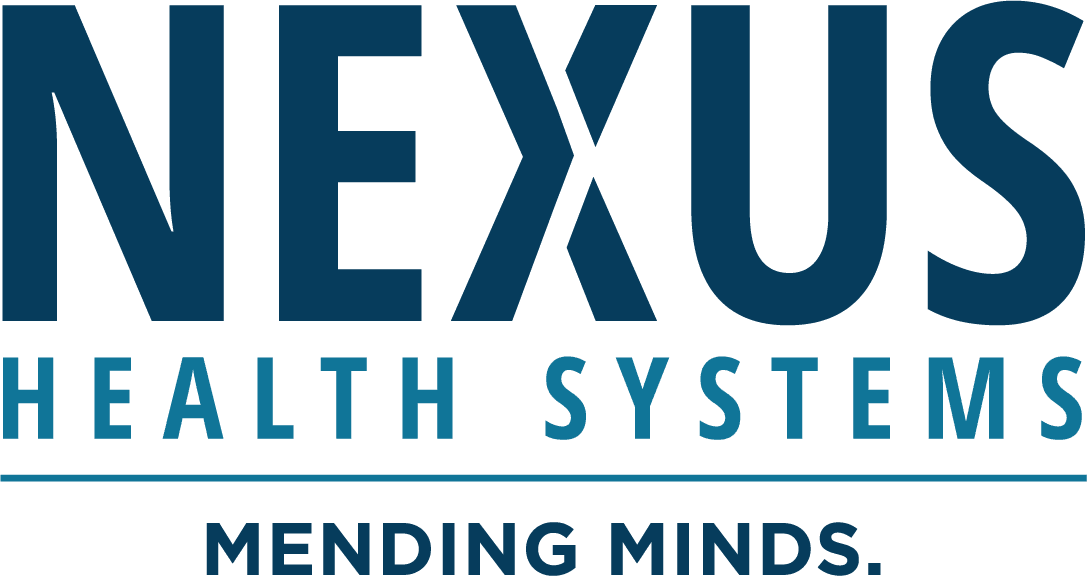
Read the latest healthcare insights.
At Nexus, we guide patients through rehabilitation using a number of techniques, including physical therapy, occupational therapy, recreational therapy, and speech-language pathology. Here, we share insights from the field, tips for caregivers and patients, and news from the Nexus network.
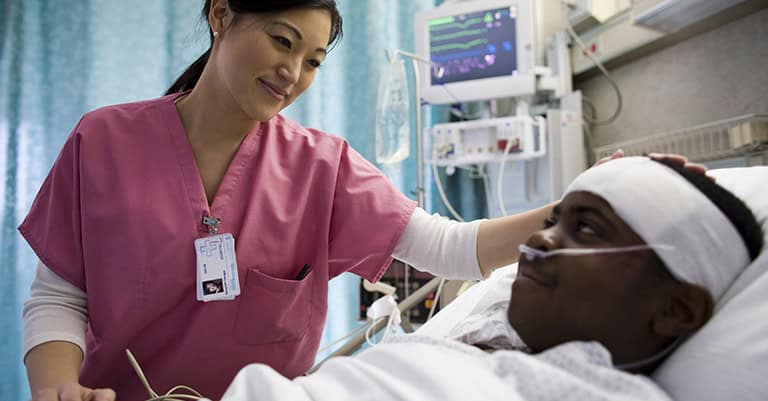
Accelerating ventilator weaning with a rigorous, patient-centered approach »
For patients recovering from severe illnesses or injuries, ventilator dependence can feel like an insurmountable barrier. At Nexus Health Systems, we see it as an opportunity to make a difference — by helping patients take their first breath of independence.…
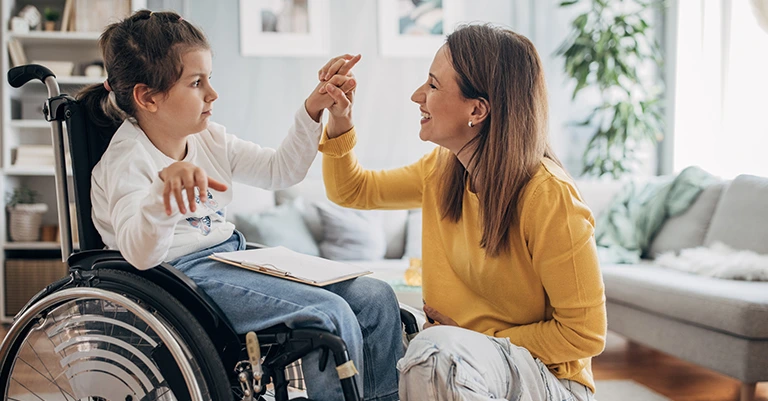
What is a severe brain injury? »
When your loved one sustains a brain injury, some of your earliest questions are likely to be, “how bad is it?” “Can they recover?” and “What does recovery look like?” While brain injury recovery is different for everyone — and…

Disaster preparation tips for medically complex kids »
If you or someone you love lives with complex medical conditions, you’re no stranger to planning. Managing medications, maintaining an appointment schedule with multiple physicians, and preparing for any out-of-home trip require significant forethought. Planning for an emergency situation is…
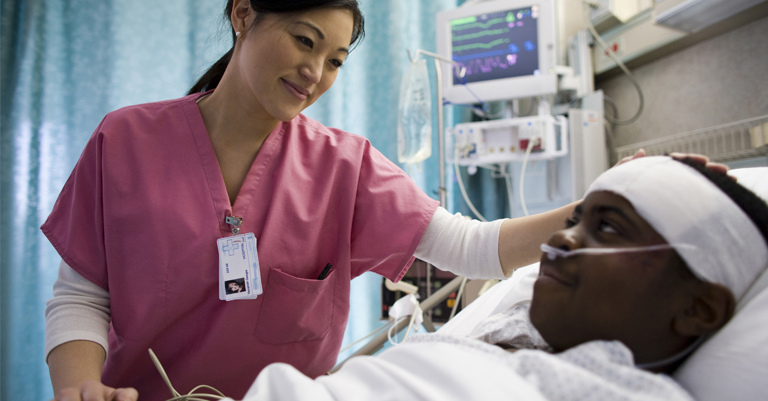
What is a transitional care unit? »
Most people are familiar with the ER or ICU, but have you ever wondered where patients can go once they’re stable? One of the most important stages of hospital recovery occurs in the transitional care unit — also known as…

3 respiratory care tips for caregivers »
It’s easy to take respiratory wellness for granted. Breathing is, after all, controlled by the autonomic nervous system, meaning it requires no thought or effort. When a life-altering injury or serious illness affects a loved one’s ability to breathe, however,…
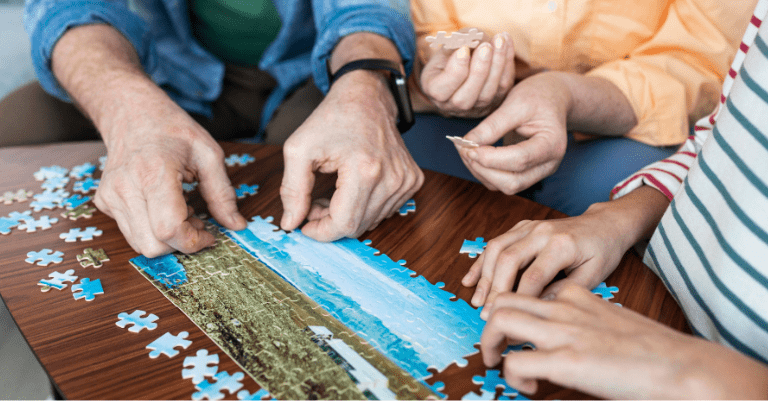
How cognitive therapy supports brain injury rehabilitation »
Catastrophic neurological injuries leave a lasting impact on the body and mind. After sustaining a brain or spinal cord injury, some patients have trouble balancing, moving their limbs, speaking, seeing, and hearing. In addition to physical impairments, cognitive deficits in…
